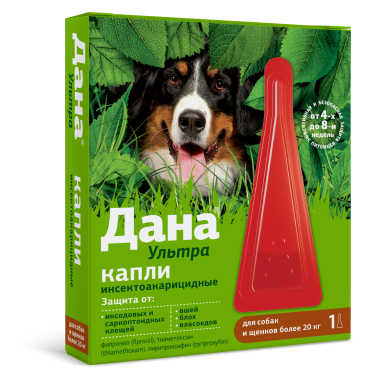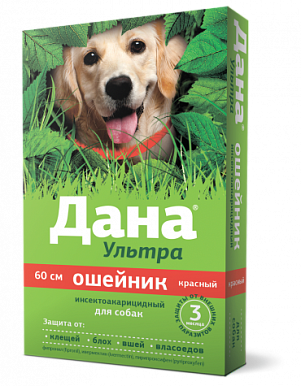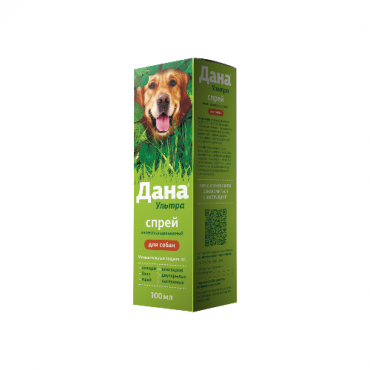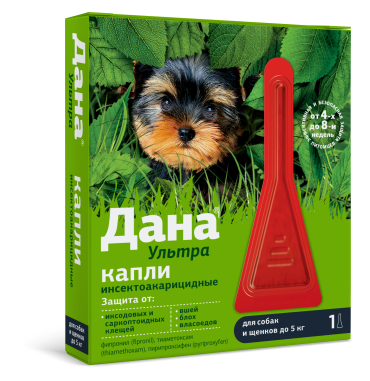Fleas are the most common problem that plagues both dogs and cats. Blood-sucking parasites not only cause itching but are the causative agents of many dangerous diseases. The peak incidence occurs in spring and summer, so one needs to take care of prevention in advance. The risk group includes all animals walked outdoors, regardless of age.
1. What products should I use for flea and tick protection?
Prevention is the key to good pet health. The choice of anti-parasite products must be approached responsibly, because they can cause harm, cause allergies or intoxication. Preventive products generally come in three forms:
drops to be applied to the withers - provide reliable protection against parasites for up to two months,
sprays - cope well with insects and protect against new attacks, but for a short period,
collars - suitable for small breed dogs, in combination with drops provide long-term protection, suitable for dogs and cats.
The active ingredients of drops and sprays, after being applied to the skin of an animal, do not get absorbed into the bloodstream, but get distributed over the surface of the body and accumulate in the epidermis, providing a long-term contact insectoacaricidal effect, thereby guaranteeing reliable protection against fleas. An insect will not be able to bite a dog treated with drops. Such drops are a great protection for medium and large dogs, but with small breeds, one needs to be careful and choose the right dosage.
Drops to be applied to the withers provide reliable protection. The active substance does not get absorbed into the blood, gets distributed throughout the body and accumulates in the epidermis, thereby providing a long-term insectoacaricidal effect.
2. How often should I treat my dog for fleas?
The frequency of treatment depends on the dosage. Typically, drops are applied once every 4-6 weeks. The components of the drug protect the pet for a long time. Sprays act superficially, so these can be applied before each walk. Protective collars are impregnated with insecticides and thus have a repellant action. The collars can be worn for a long time – about 8 weeks. Any protection should be applied continuously from spring to autumn.
3. Should my dog be treated for fleas in winter?
Dogs are protected from most insects in winter since these remain dormant at this time of year. However, this does not apply to fleas, which do not live permanently on the animal's skin. Because of the warm indoor environment, they thrive under baseboards and in hallways. The risk of infection remains in winter.
Animals living in enclosures of several individuals require special attention. In this case, dogs can regularly infect each other, so it is recommended to apply protection. In case of a warmer period, you can use a spray to prevent infestation.
4. How to treat bite sites?
Bite sites may itch and become inflamed. With extensive parasite infestation, drops of blood are observed on the pet's bedding. Bites do not require special treatment, but it is advisable to use an insecticidal shampoo. This will eliminate insects, remove eggs from the coat, and soothe the skin. Shampoo products need to be used correctly: apply to the body, lather, leave the foam for 3-5 minutes, and then rinse with plenty of water.
5. How to protect puppies?
Many people wonder how to treat a puppy against ticks, because they are most at risk. All protective products for blood-sucking parasites are intended for dogs older than 10 weeks. Puppies from this age can be treated with drops, sprays, and shampoos. Drops and sprays are the preferred protection, since their components act superficially, quickly degrade and do not enter the bloodstream, therefore they are safe for puppies. Shampoos should be used for treatment when there is an infestation with insects, but not for prevention. Protective collars for puppies can also be used.
Yuri Lizvinsky, veterinarian, Head of Training, Apicenna LLC








